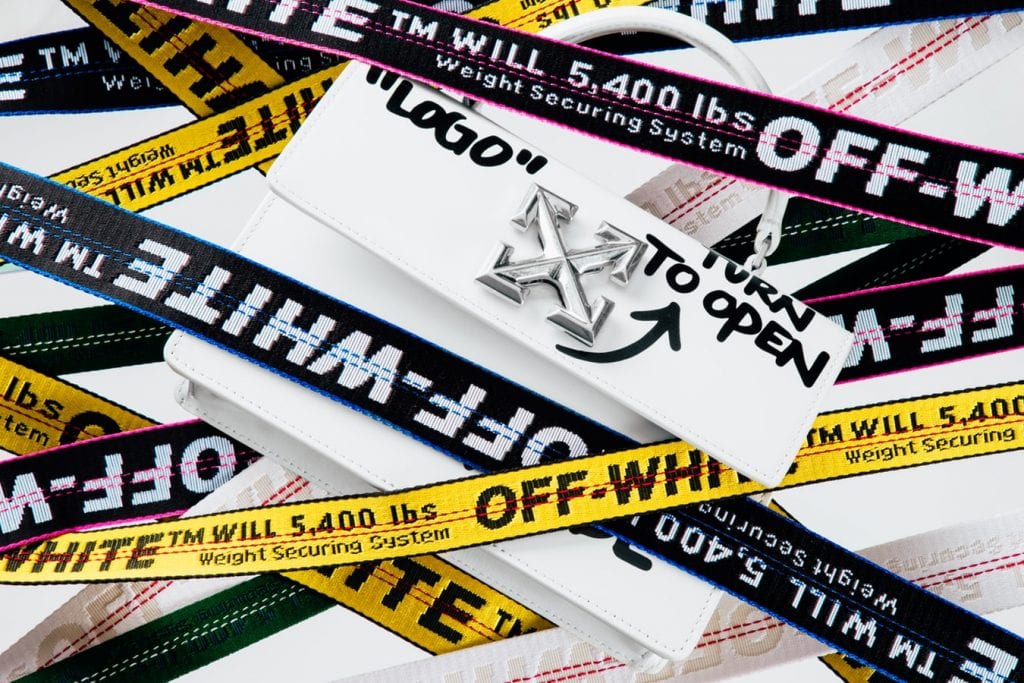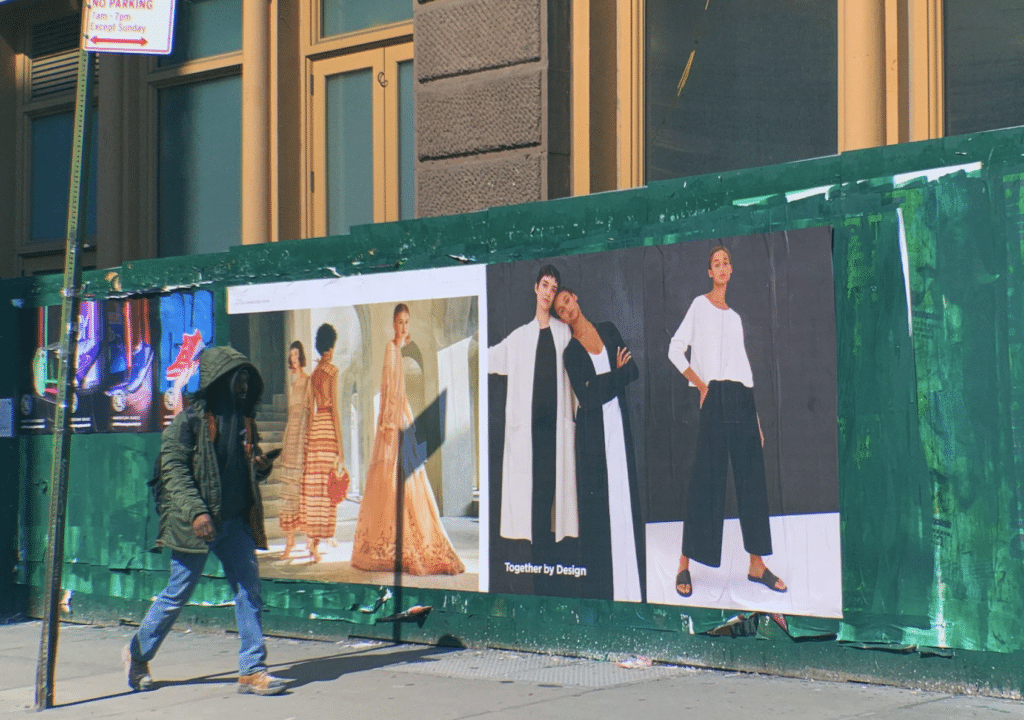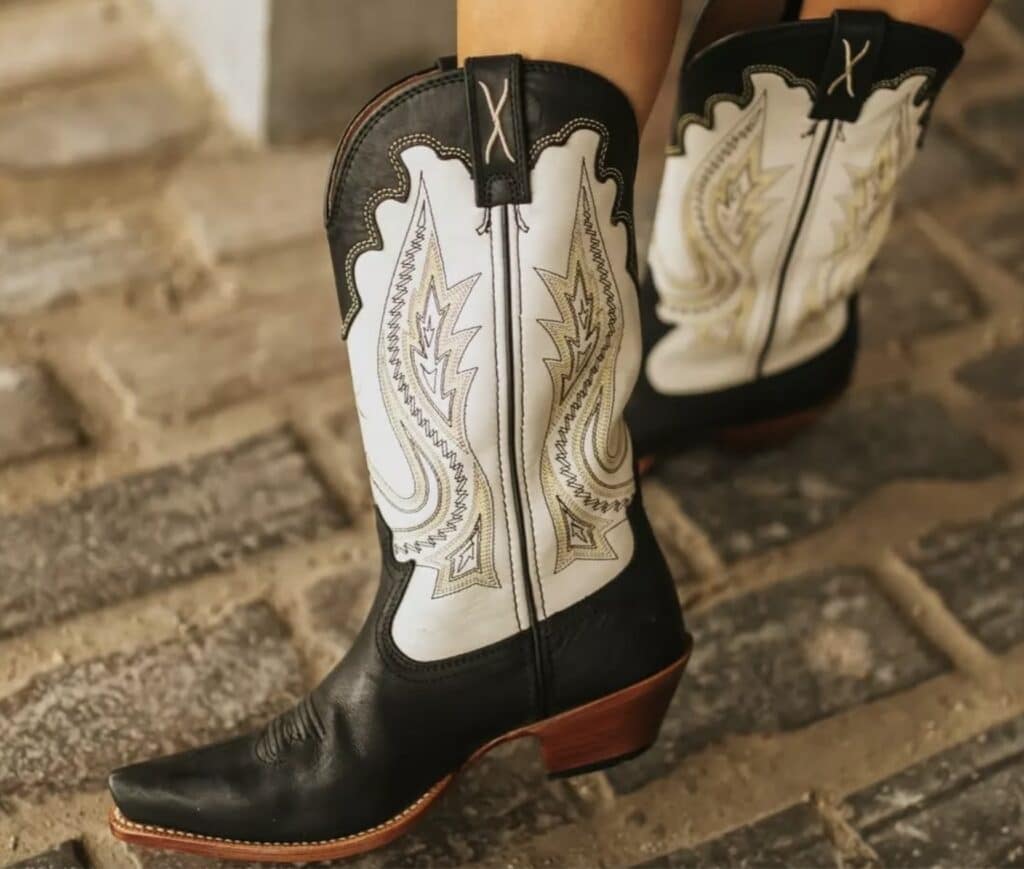The mandated closure of non-essential brick-and-mortar stores across the globe in an attempt to stem the spread of COVID-19 has seen a dramatic shift in consumers shopping online. Although an uptick in online purchases has been a lifeline for brands agile enough to capitalize on the shift in consumer behavior, the marked rise in e-commerce sales has exacerbated existing brand protection challenges. The increase in consumer demand, coupled with disruption to supply chains, has seen opportunistic counterfeiters step up to not only exploit shortages of genuine products, for instance, but also piggyback on the rising adoption of e-commerce operations by fashion and luxury brands.
Utilizing many of the same advertising and marketing strategies as the brands they are targeting, counterfeiters have sought to legitimize counterfeit products in the minds of potentially unknowing consumers. Whether these entries are relying on social media marketing and sponsored ads on e-commerce platforms and marketplaces to hawk their products (oftentimes under the guise of authenticity), or attempting to pass of high-quality fakes on otherwise legitimate websites, such as luxury consignment sites, these activities do not only cut into brand owners’ profit margins in the short term, they also stand to undermine consumer trust and brand value in the long term.
Unsurprisingly, a recent report by the European Union’s law enforcement agency, EUROPOL, highlighted that counterfeiters have been quick to exploit consumer fear and anxiety surrounding the COVID-19 pandemic, with a surge in counterfeit pharmaceutical and healthcare products. Interestingly, EUROPOL noted particular trends when tracking surges in counterfeit products, at least some of which correlated with social media commentary on outbreaks of the virus and the introduction of restrictions on movement to control its spread.
While health and wellness-related counterfeits are certainly on the rise as a direct result of COVID-19 and corresponding demands for various products, such as face masks, hand sanitizers, and supplements, so, too, are those that target non-essential luxury goods, which highlights the importance of effective and adaptable online enforcement mechanisms.
Against the background, a recent study by World Trademark Review identified the three key concerns of in-house counsel as a result of the COVID-19 outbreak to be: (1) budget reductions; (2) increase in counterfeiting; and (3) the rise in online trademark infringement. Mindful of the challenging circumstances presented by COVID-19, the resulting contraction in the economy and knock-on budget reductions, companies are encouraged to review their current brand protection strategies now to ensure they encompass marketplaces and social media platforms, and where necessary repurpose efforts to focus on online strategies to help increase resilience and future-proof their brand(s).
In this same vein, companies should prioritize their efforts and focus on key online platforms and marketplaces where their consumers shop most and/or where authorized resellers of their brands, in particular, operate – whether that be Amazon and eBay or Alibaba’s China-specific platforms, or still yet, luxury resale and consignment sites.
A recent joint effort between Amazon and Milan-based fashion brand Valentino marks the first time that the Seattle-based e-commerce titan has partnered with brand to take on counterfeits on its site. With this in mind, companies should consider how they can partner with the relevant platforms/marketplaces in order to adequately enforce their rights. In addition to partnering with e-commerce marketplaces, companies should consider joining forces and collaborating to share the cost of enforcement against prolific offenders.
Beyond purely relying on intellectual property rights, companies should look at other enforcement mechanisms that protect consumers, which could include reporting listings that violate platform/marketplace terms and conditions, and still yet, they should consistently engage with and educate customers, and provide consumers with reporting mechanisms to empower them to report issues that they encounter in the marketplace.
Jeremy Dickerson is the head of Burges Salmon’s international team and also leads the firm’s intellectual property and sports teams.
Emily Roberts is a dispute resolution lawyer specializing in intellectual property at Burges Salmon.
Amy Salter is an associate, trademark attorney on Burges Salmon LLP’s Intellectual Property team. (Edits/additions courtesy of TFL)














